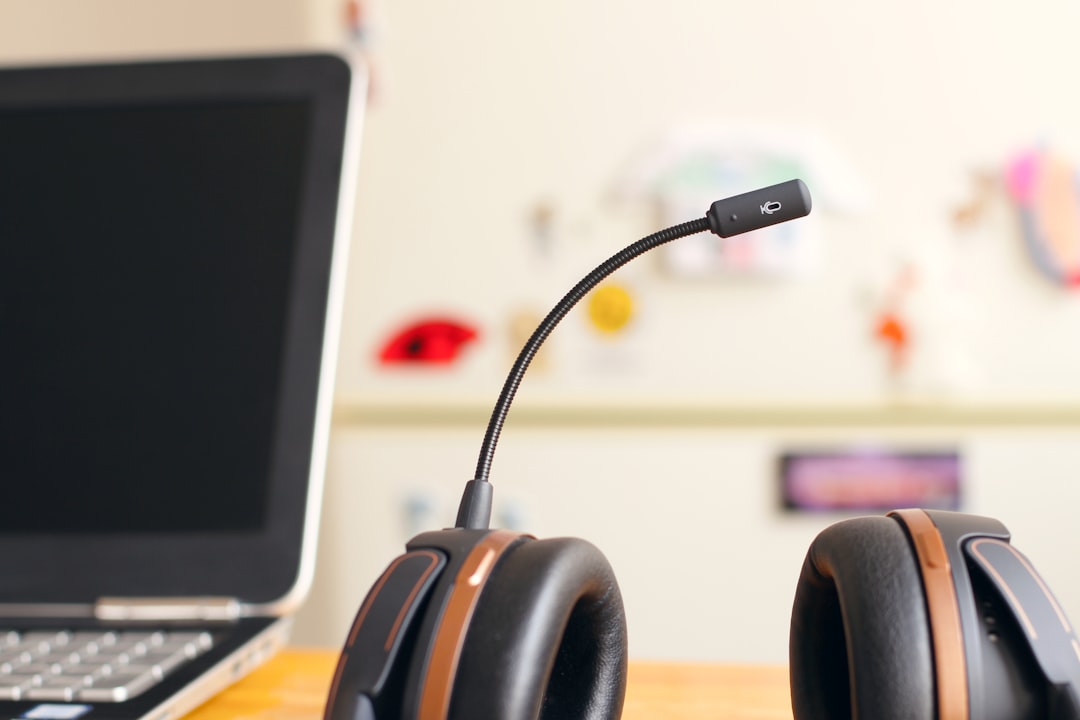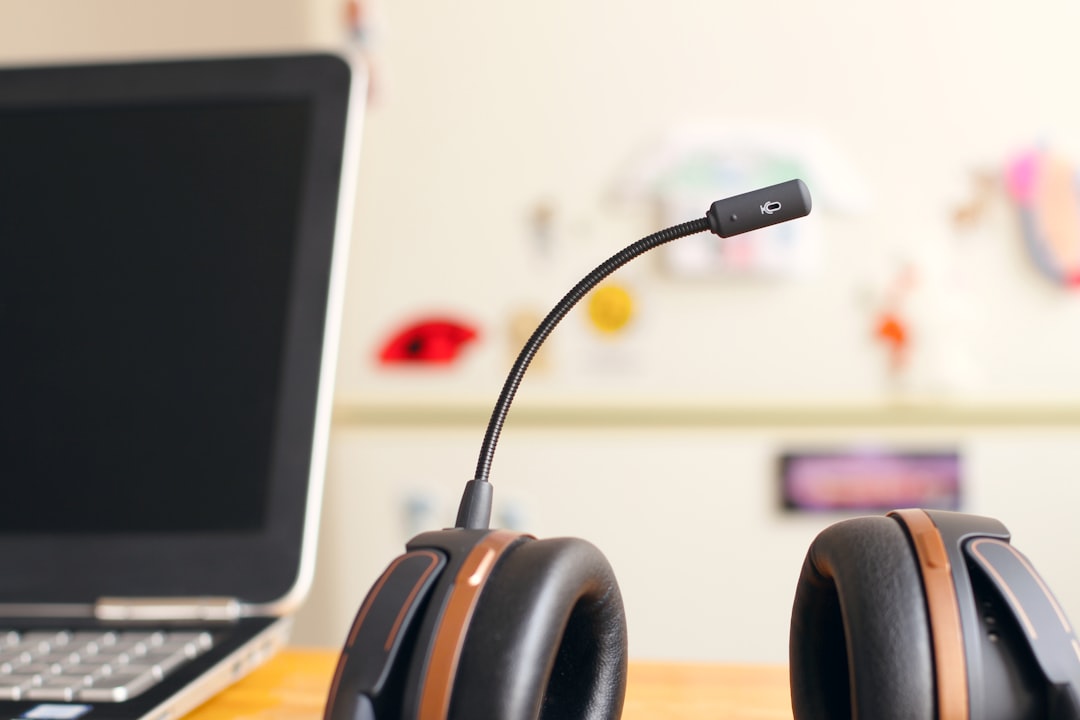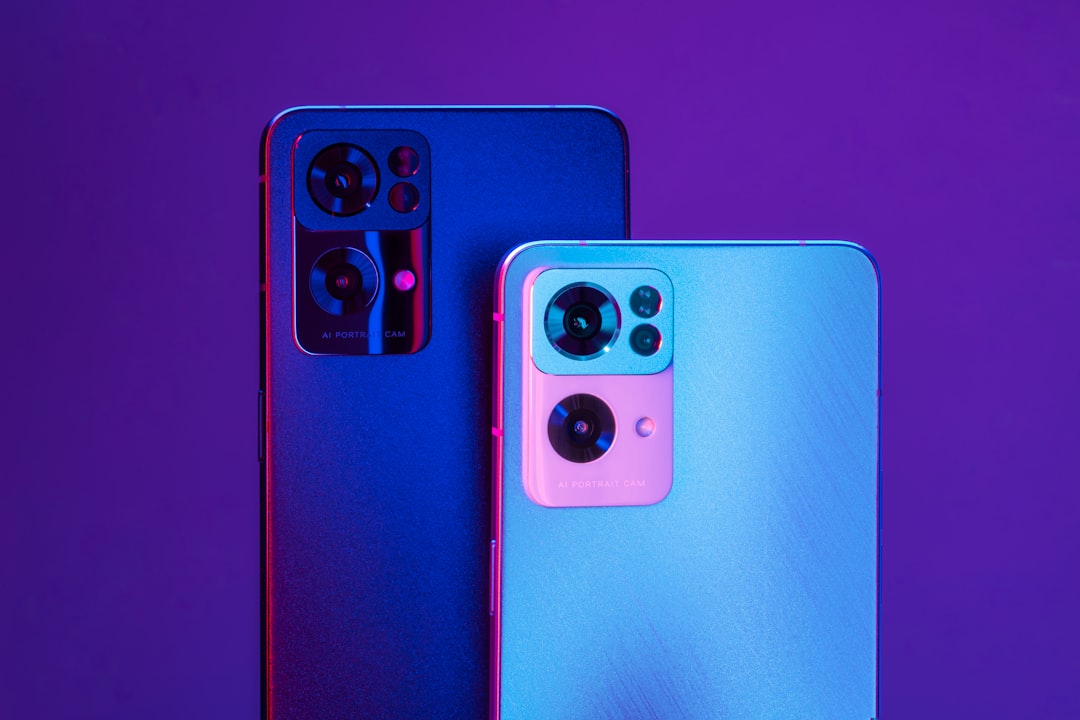The Telephone Consumer Protection Act (TCPA) regulates telemarketing, especially automated dialing systems, in South Dakota. Consumers have rights to refuse unwanted calls and texts from autodialers, and businesses need prior express consent for marketing or debt collection. A lawyer specializing in autodialer South Dakota laws ensures compliance, protects consumer rights, and helps resolve legal issues arising from unauthorized autodialing. Swift action is advised if TCPA rights are violated, with evidence gathering and legal consultation to assert consumer protections.
In South Dakota, consumers are protected by the Telephone Consumer Protection Act (TCPA) from unwanted automated calls and texts, commonly known as robocalls. This comprehensive guide delves into your rights under the TCPA, focusing on how it applies locally. We explore consumer protections against autodialers, when automated calls cross legal boundaries, and the steps to take if your rights are violated. If you need legal recourse against a robocaller, consider consulting a lawyer specializing in autodialer cases in South Dakota.
What is the TCPA and How Does it Apply in South Dakota?

The Telephone Consumer Protection Act (TCPA) is a federal law designed to safeguard consumers from aggressive and unwanted telephone marketing practices, including automated or prerecorded calls. This legislation has had a significant impact on how businesses engage with customers, ensuring that interactions are made with consent and respecting individual privacy. In South Dakota, the TCPA applies in much the same way as it does nationwide, offering consumers substantial rights to control their phone numbers and block unwanted calls.
When it comes to autodialers or automatic telephone dialing systems, a lawyer for autodialer South Dakota can provide guidance on navigating the complexities of this technology. If used without proper authorization or in violation of TCPA guidelines, these systems can lead to legal repercussions. Consumers in South Dakota have the right to sue for damages if they receive calls from autodialers that are not authorized, causing them harm or invasion of privacy. Understanding and adhering to the TCPA regulations is crucial for both businesses and consumers alike to ensure fair and ethical telephone marketing practices.
Consumer Rights: Understanding Protections Against Autodialers

In South Dakota, consumers enjoy robust protections against unwanted automated phone calls, thanks to regulations set forth by the Telemarketing and Consumer Protection Act (TCPA). One of the key areas of concern is the use of autodialers, which can leave individuals with a sense of invasion and frustration. These devices, designed to automatically dial numbers in bulk, are subject to strict guidelines to ensure consumer privacy and peace. A lawyer for autodialer South Dakota can help navigate these complex regulations, ensuring businesses adhere to the law and protecting consumers’ rights.
Understanding your rights is essential when dealing with autodialers. The TCPA prohibits automated calls unless the caller has obtained prior express consent from the recipient. This means businesses must obtain explicit permission before using autodialing systems to contact South Dakota residents. Consumers have the right to request cessation of these calls, and any violation can result in legal action. Knowing your protections empowers individuals to take action against unwanted telemarketing practices, ensuring a more harmonious and compliant business-consumer relationship.
When is an Autodialer Violating Your Rights? Common Scenarios

In South Dakota, the TCPA (Telecommunications Consumer Protection Act) safeguards consumers from unwanted automated calls and texts. An autodialer is a technology that automatically dials telephone numbers, often used by telemarketers or debt collectors. While it’s not always clear when an autodialer crosses the line into violating consumer rights, there are certain scenarios where South Dakota residents can take action.
A lawyer for autodialer in South Dakota can help clarify these situations. Generally, using an autodialer to make calls or send texts without prior express consent is a violation. This includes calls made for marketing purposes, debt collection, or any other commercial purpose. Additionally, if the autodialer leaves repetitive or unnecessary messages, fails to deliver a live agent after the consumer answers, or misrepresents the identity of the caller, it may be engaging in unfair or deceptive practices. Consumer rights are protected, and seeking legal advice from a South Dakota lawyer specializing in autodialers can help ensure your rights are upheld.
Legal Action: Steps to Take If Your Rights Have Been Infringed

If your consumer rights under the TCPA (Telemarketing Consumer Protection Act) have been violated, it’s crucial to take swift action. The first step is to gather evidence, including any recorded calls, text messages, or documentation of the unauthorized telemarketing activities. Contacting a lawyer specializing in autodialer cases in South Dakota is highly recommended. They can provide guidance on the best course of legal action and help you understand your options.
A legal professional can assess the situation, determine liability, and potentially file a lawsuit against the offending company or individual. This process may involve sending cease-and-desist letters, negotiating settlements, or representing you in court to ensure justice is served and your rights are protected under South Dakota’s consumer protection laws.






